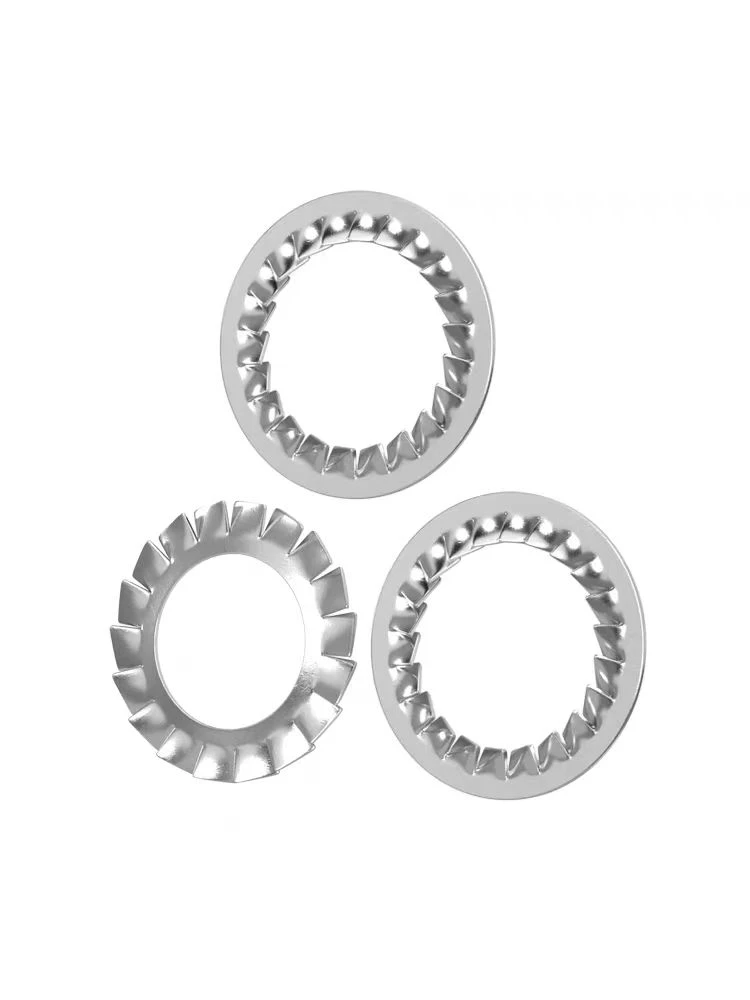

Heavy-Duty Stainless Steel Washers for Enhanced Support and Durability in Various Applications
Des . 05, 2024 03:09 Back to list
Heavy-Duty Stainless Steel Washers for Enhanced Support and Durability in Various Applications
The Importance of Extra Thick Stainless Steel Washers in Engineering Applications
In today's diverse industrial landscape, the significance of using high-quality materials in engineering is paramount. Among these materials, extra thick stainless steel washers play a crucial role in ensuring the integrity and reliability of various assemblies. While often overlooked, these small components are vital to the performance of many machinery and structural applications.
What Are Extra Thick Stainless Steel Washers?
Extra thick stainless steel washers are flat, circular discs made from stainless steel, characterized by their increased thickness compared to standard washers. They serve multiple purposes in mechanical and structural assemblies, including load distribution, vibration dampening, and preventing damage to the surface of the materials being fastened.
Stainless steel is renowned for its corrosion resistance, strength, and durability, making it an ideal choice in environments where standard steel would quickly degrade. Applications in marine, automotive, aerospace, and construction sectors all benefit significantly from the use of stainless steel components.
Key Benefits of Extra Thick Washers
1. Load Distribution One of the primary functions of washers is to distribute the load of the fastener over a larger area. Extra thick washers are particularly advantageous in heavy-duty applications where the load is significant. By increasing the surface area, these washers help prevent material deformation and fatigue, thereby prolonging the life of the connected components.
2. Vibration Resistance In many engineering applications, vibrations are inevitable. Extra thick stainless steel washers can effectively absorb and dampen these vibrations, reducing the risk of loosening fasteners. This is critically important in machinery where any movement can lead to malfunctions or safety hazards.
extra thick stainless steel washers

3. Corrosion Resistance The stainless steel material offers excellent resistance to rust and corrosion, which is vital in applications exposed to moisture and harsh environments. By using extra thick stainless steel washers, engineers can ensure that their assemblies remain robust even in the most challenging conditions.
4. Increased Mechanical Strength The increased thickness of these washers translates to higher mechanical strength. This feature is particularly beneficial in applications where high compressive forces are at play, as the thicker washer can withstand greater loads without yielding.
5. Enhanced Sealing In some applications, washers are used in conjunction with seals to prevent fluid leakage. Extra thick washers can provide a better seal due to their larger contact area, which helps in creating a tighter fit and reducing the risk of fluid loss.
Application Areas
Extra thick stainless steel washers are widely used across various industries. In the automotive sector, they can be found in engine assemblies, where they help secure components and withstand the dynamic loads experienced during vehicle operation. In construction, these washers play a crucial role in structural integrity, often used in beams and columns to spread loads effectively.
In aerospace, the use of high-quality fasteners and washers is critical due to the demanding nature of flight. Extra thick stainless steel washers help ensure that components remain secure during the aircraft's lifecycle. The marine industry also relies on these washers to protect against the corrosive effects of saltwater.
Conclusion
The role of extra thick stainless steel washers in engineering cannot be underestimated. Their ability to enhance load distribution, resist vibrations, and withstand corrosive environments makes them an essential component in many applications. As industries continue to evolve and push the limits of engineering, the importance of using such reliable components will only increase. Investing in high-quality stainless steel washers is a proactive measure to ensure the longevity and safety of machinery and structures across various sectors. In summary, these seemingly simple components are fundamental to achieving high-performance standards in today's demanding engineering projects.
Latest news
-
Premium Fasteners Manufacturer | AI-Driven Solutions
NewsAug.01,2025
-
Hot Dip Galvanized Bolts - Hebei Longze | High Strength, Corrosion Resistance
NewsAug.01,2025
-
High-Strength Hot Dip Galvanized Bolts - LongZe | Corrosion Resistance, Custom Sizes
NewsAug.01,2025
-
Best Self Tapping Screws for Drywall - Fast & Secure Installation
NewsJul.31,2025
-
High-Strength Hot Dip Galvanized Bolts-Hebei Longze|Corrosion Resistance&Customization
NewsJul.31,2025
-
Hot Dip Galvanized Bolts-Hebei Longze Metal Products|Corrosion Resistance&High Strength
NewsJul.31,2025

